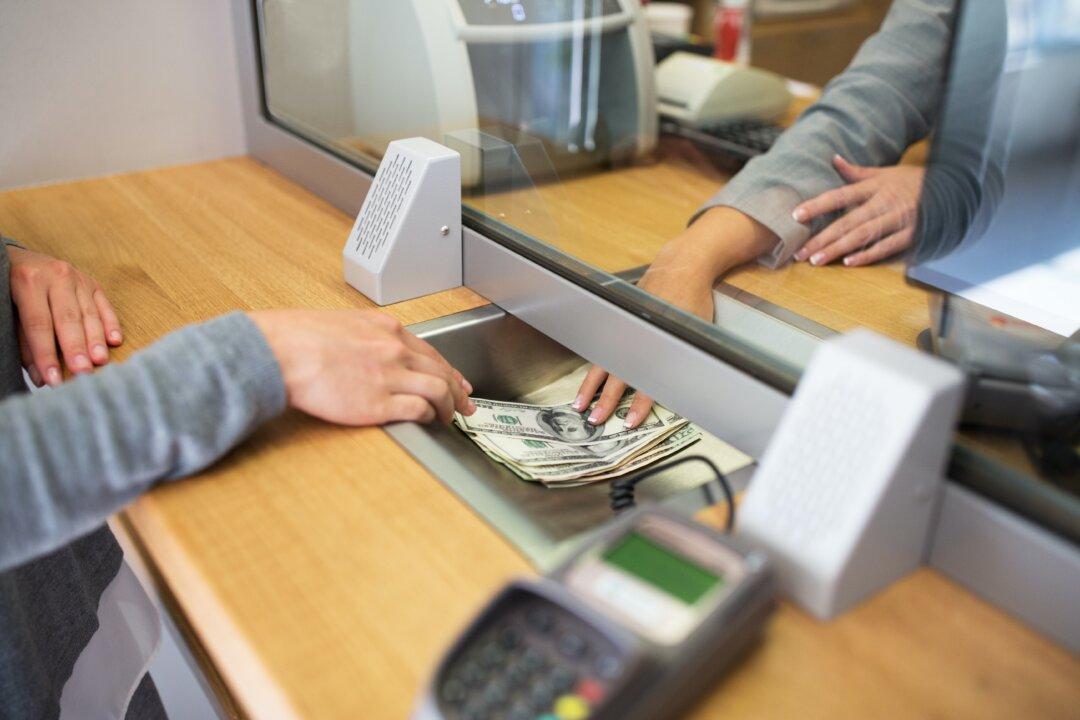On the off chance you haven’t been paying attention to world news, several banks in the United States collapsed (went broke, busted, washed up, got taken down, went bankrupt) recently. Now, others here and abroad appear at threat of following suit.
In a Nutshell
What this means is that these failed banks accepted customers’ deposits, then lent and invested some of that money (which is what all banks do). However, because of inept management and lack of oversight, things went flying off the rails, and I’m not talking about East Palestine, Ohio (a disaster of its own).Risky Business
See where this is going? These banks made too many risky investments and loans to the point their debts outweighed their assets. Word got out, then depositors panicked, sending them flying to the bank to withdraw all of their cash. And that caused what is known as a “run on the bank”—cue the movie “It’s a Wonderful Life.”Sorry, Out of Cash
When everyone shows up to withdraw money at the same time, and the bank doesn’t have that much reserve cash sitting in its vault to comply, the bank goes belly up, otherwise known as insolvent.Is It Contagious?
Is this situation catching? Might your bank be in similar trouble? Should you take your money and run? That’s a tough question. You’re the only one who can make that decision. However, experts I have consulted would not necessarily give us that advice.There Are Limits
Nearly all national and regional banks in the United States carry insurance issued by the Federal Deposit Insurance Corp. (FDIC) to cover this very thing. When an insured bank (or credit union) goes under, depositors are made whole even if the bank runs out of cash. But only to a limit. Both the FDIC and National Credit Union Administration (NCUA) standard limit is $250,000 per depositor, per insured bank, for each account ownership category.If your balances are less than $250,000, you need not panic. Or even be concerned. If your total balance exceeds $250,000, you need to spread it around in more than one bank to make sure you remain 100 percent covered.





